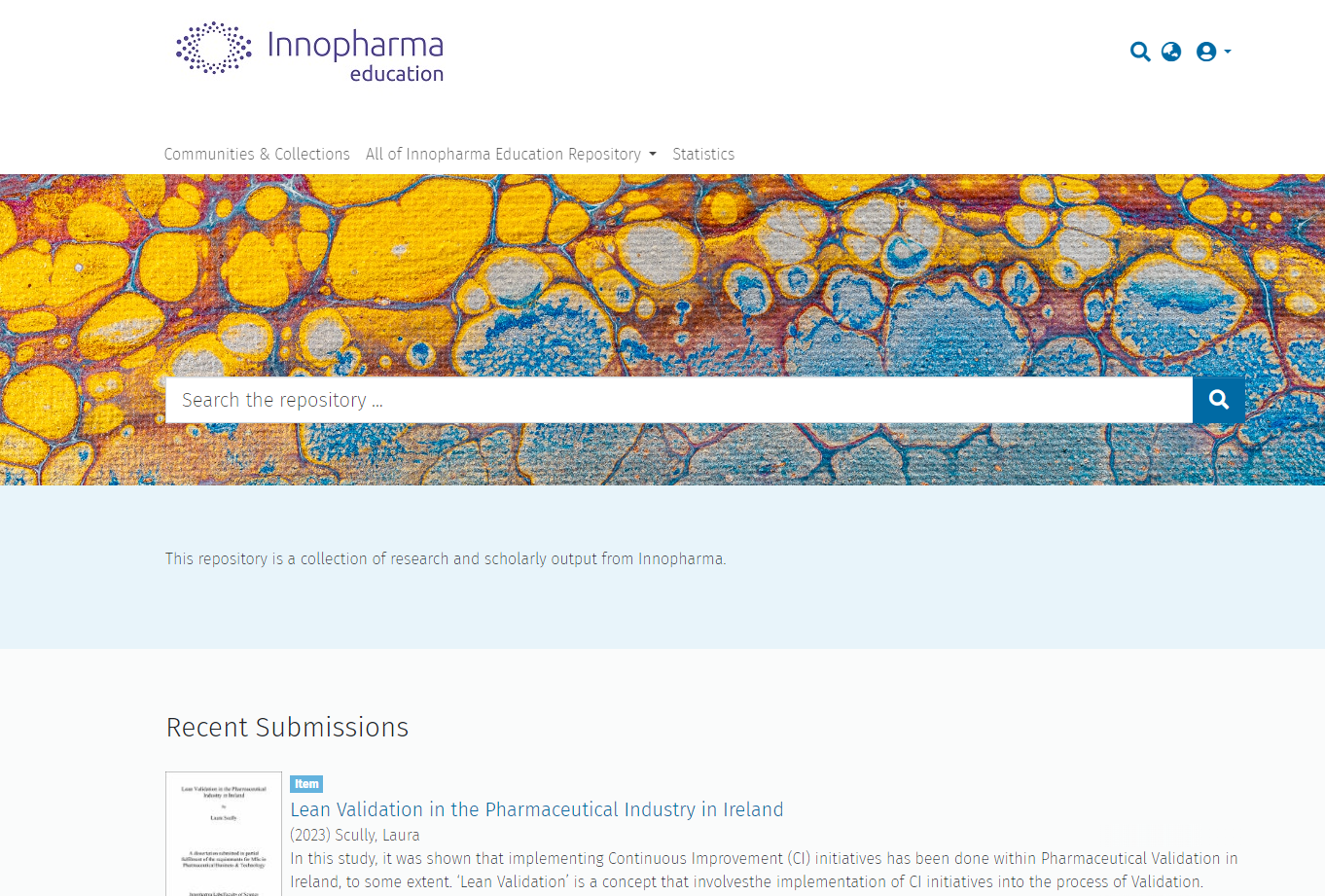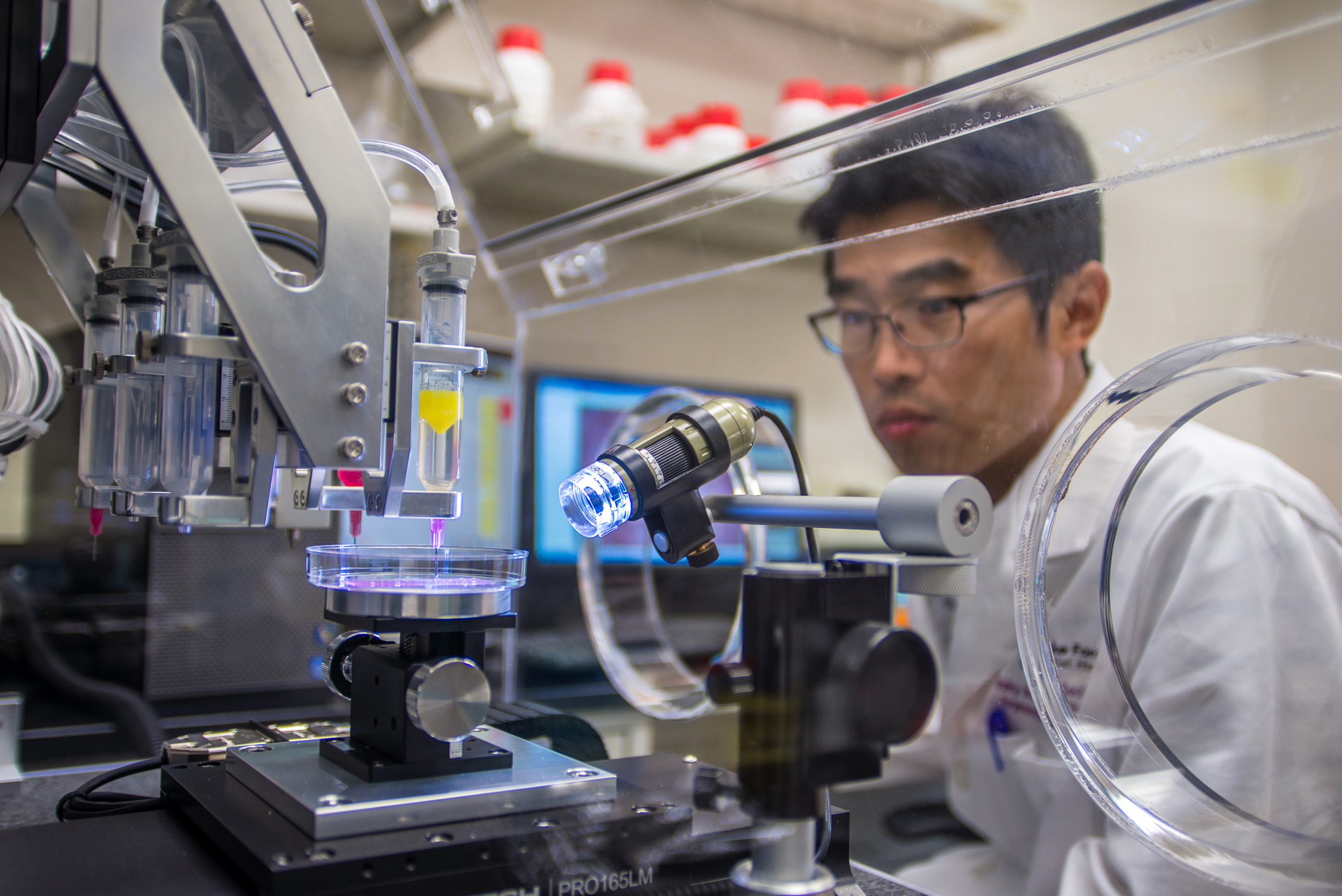The latest batch of dissertations from our MSc in Pharmaceutical & Business Technology students have been published on our institutional repository at https://repository.innoskills.com/home. The research spans a wide range of areas including Artificial Intelligence, pharmacovigilance, biosimilars, blockchain technology, counterfeit drugs, supply chain and more. Reflecting the wide diversity of backgrounds of our students, the research is global, spanning Europe, South America, India and Africa. In this post we’ll take a short journey through some of the research.

Blockchain has emerged as an area of significant research interest in the pharmaceutical industry due to its potential to enhance transparency, security, and traceability in the supply chain, ensuring the authenticity and safety of drugs. Jino Sarah Anil and Anju Susanna Alex both explored this topic in their dissertations; Jino looked at how the technology can protect against falsified drugs as well as data breaches in Indian hospitals while Anju looked at it’s potential to prevent counterfeit medicine being distributed. While finding that the technology certainly has huge potential, challenges identified in its adoption include cost , lack of scalability and a lack of regulations and standardizations.

Several students including Laura Scully and Snowitta Anaston looked at the use of process improvement tools such as Lean and Six Sigma to, amongst other uses, improve logistics management, reduce waste and improve the validation process. Their research found benefits of the use of these tools in areas such reverse logistics, compliance delays and in the reduction of fines. Challenges were identified too, these included lack of engagement from personnel due to a ‘fear of change’. Santash Kumar Dugginapalli also looked at process control and specifically at the application of Process Analytical Technology (PAT) to enhance process control, improve product quality and increase manufacturing efficiency. Challenges to it’s adoption included the fact that PAT tools are still in their infancy, a lack of knowledge pooling and issues around intellectual property.
Two of our students, Muhammad Rashad Namboori Kandiyil and Joseph O’Donovan, investigated the use of 3-D printing in the healthcare industry. Muhammad looked at the future of 3-D printing in the manufacturing of tablets in Europe. While the technology is still in it’s early stages, it is gaining significant interest from pharmaceutical companies and regulators. There are many potential benefits including greater design freedom, personalised medicine and a potential of improved product quality. Challenges exist of course, these include high initial investment costs and regulatory hurdles. Joeph evaluated the use of 3-D technologies in developing patient specific medical devices and specifically in designing personalised embolic coils. His study found that a patient specific coil could be produced but that there may be only niche use for peripheral vascular treatment. Joseph recommended the study be carried out in the field of Neuro Interventional Radiology as the level of planning, risk-reward and the specificity of tools required were greater than in the Peripheral Vascular field.

You can view all the above-mentioned
dissertations, as well as many more, at repository.innoskills.comWell done to all of our students for producing such high quality research; we don’t have the space to mention them all individually by name here but we encourage you to visit our institutional repository and explore for yourself!